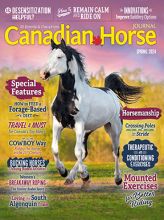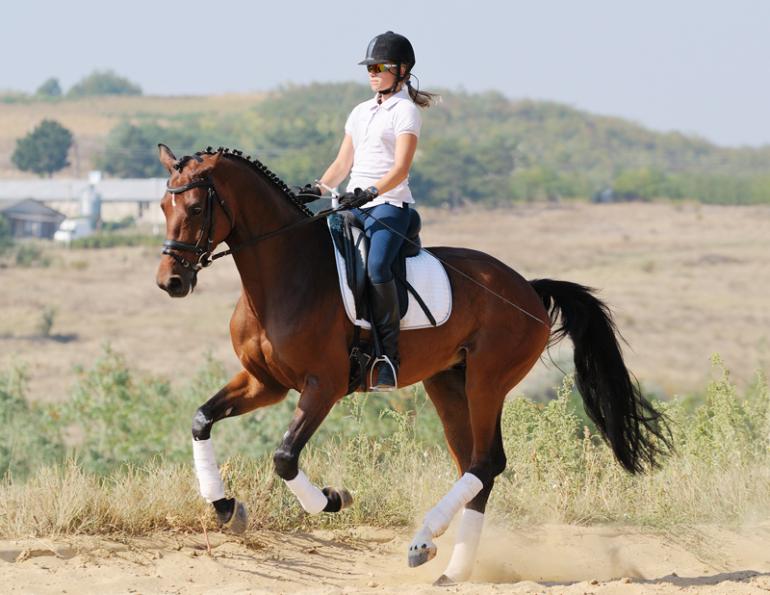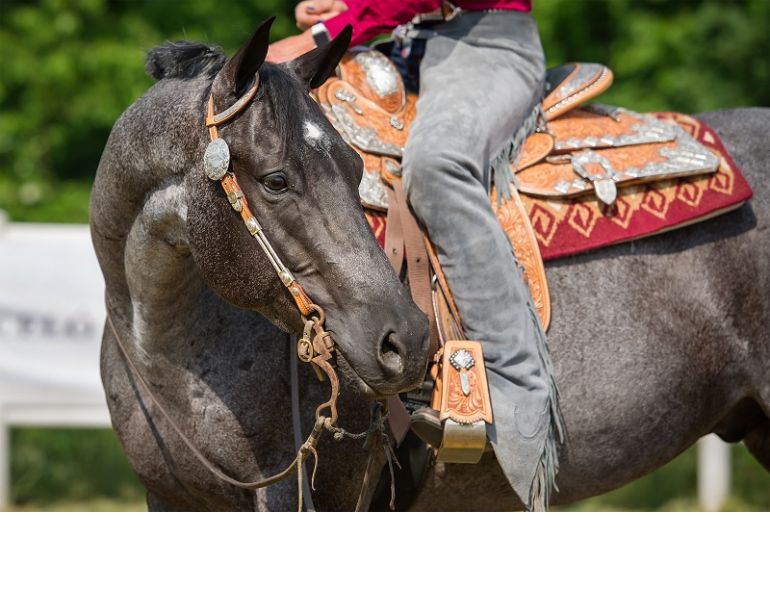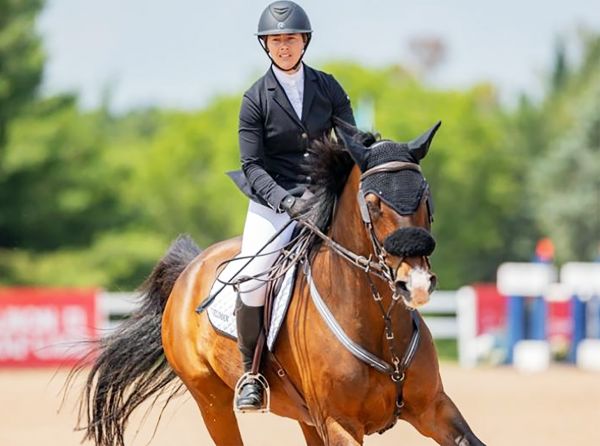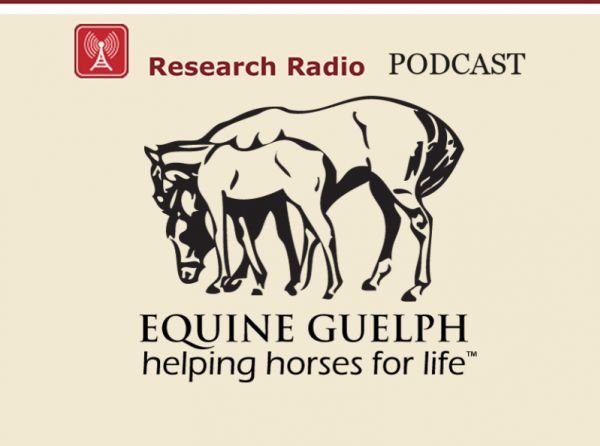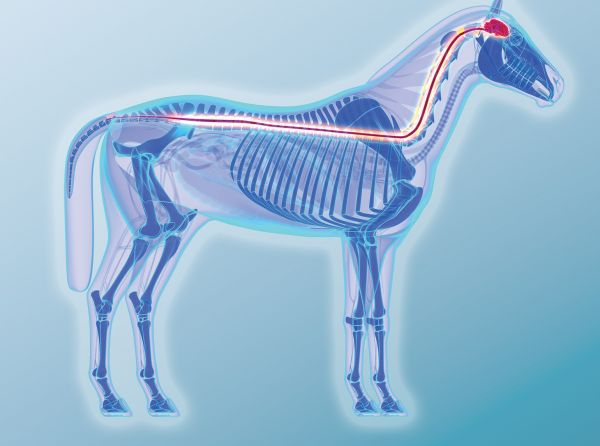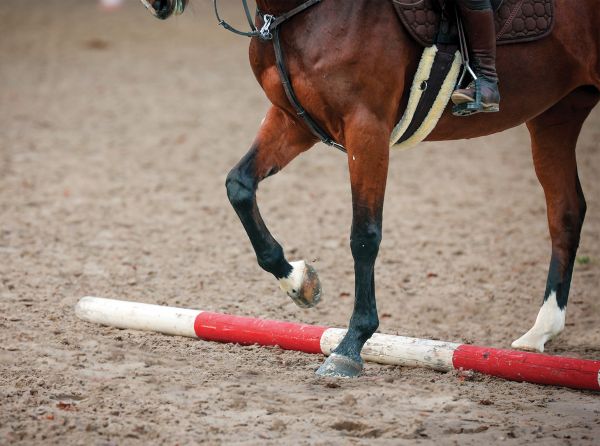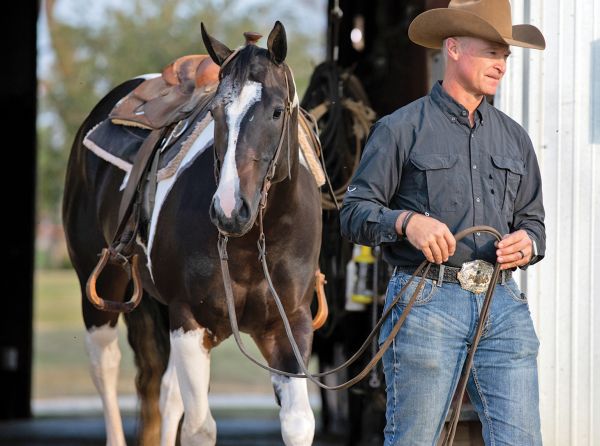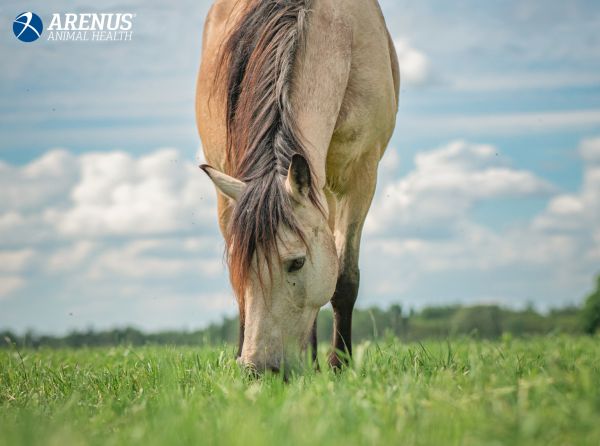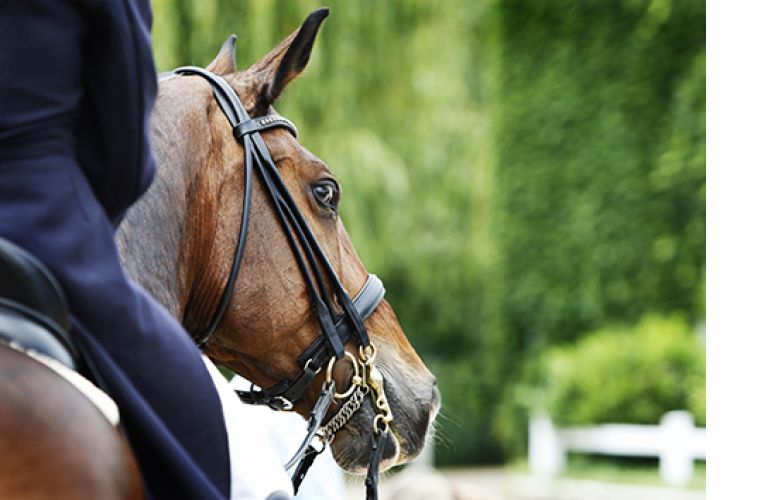Researchers have found that donkeys do not grow a winter hair coat.
By Mark Andrews
Donkeys are not well suited to cold, wet environments and need extra protection in the winter, research has found. The findings have been incorporated into the UK's updated Department for Environment Food & Rural Affairs (DEFRA) Code of Practice for the welfare of horses, ponies, donkeys and their hybrids.
Released in 2021, the research was undertaken by Dr. Britta Osthaus, Senior Lecturer in Psychology at Canterbury Christ Church University in Kent, England, and Dr. Leanne Proops, Senior Lecturer at the University of Portsmouth in Hampshire, England, both specialists in animal behaviour and cognition, in collaboration with international animal welfare charity, The Donkey Sanctuary.
The study found that donkeys, and to a lesser extent mules, are less able than horses to adapt to colder, wetter climates and therefore require additional protection in the winter to meet their welfare needs.

Photo: Canstock/DragoNika
Researchers collected hair samples from 18 donkeys (4 females, 14 males), 16 horses (6 females, 10 males) and eight mules (5 females, 3 males), in March, June, September, and December. They measured weight, length, and width of hair, as indicators of the insulation properties of the hair coat.
They found no significant difference in donkeys' hair coat across the seasons. All three measures of the insulation properties of the hair samples showed that donkeys do not grow a winter coat.
The donkeys’ hair coat was significantly lighter, shorter, and thinner than that of horses and mules in winter. In contrast, the horses’ coats changed significantly between seasons, growing much thicker in winter.
The findings have been published in the Equine Veterinary Journal.
Lead author, Dr. Britta Osthaus, says, “Despite their fluffy looks, donkeys are not as insulated as ponies. Although they are much hardier in other aspects, they need more access to waterproof and windproof shelter. It’s fantastic to see that our research has influenced national guidelines to improve animal welfare.”
Dr. Faith Burden, Director of Research and Operational Support at The Donkey Sanctuary, says, “For many years it has been the ‘common sense’ advice given by The Donkey Sanctuary to ensure that donkeys and mules are given the right protection from our cold winters.
“This study now provides us with scientific evidence to show why the welfare needs of donkeys and mules differ slightly to those of horses and ponies, and how we can act to give them better protection from the elements.”
For more details, see Hair coat properties of donkeys, mules and horses in a temperate climate, B. Osthaus, L. Proops, S. Long, N. Bell, K. Hayday, F. Burden; Equine Veterinary Journal (2017) Vol 50, Issue 3.
Related: Practical Nutrition for Donkey Owners
Related: Belief in Horses' Capacity for Emotion Linked to Better Health and Welfare
Main photo: Canstock/DragoNika
Published with the kind permission of Mark Andrews, Equine Science Update


